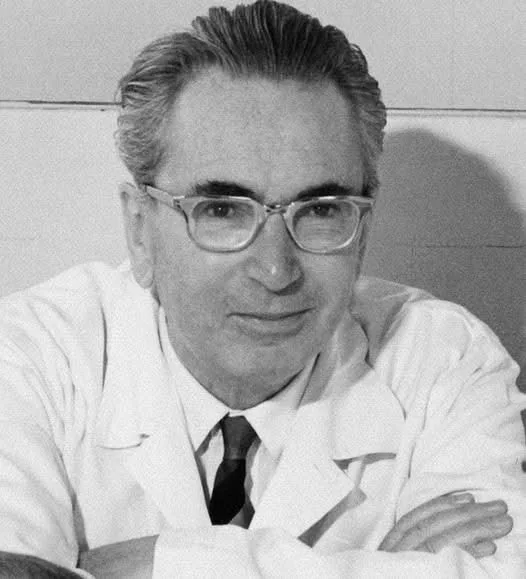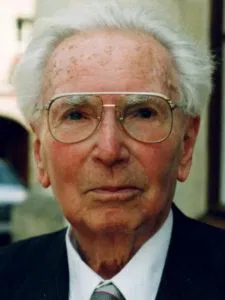In a world filled with challenges and uncertainty, the search for meaning is a universal human quest. Few have explored this journey as profoundly as Dr. Viktor Frankl, an Austrian neurologist and psychiatrist whose life and work are a testament to the unbreakable spirit of humanity. His experiences as a Holocaust survivor led him to develop logotherapy, a powerful approach to psychotherapy centered on finding purpose in life, no matter the circumstances.

Frankl’s journey began with a keen interest in the human drive for meaning. He believed that the desire for purpose was a central force in our lives. However, this theory was put to the ultimate test when he and his family were deported to Nazi concentration camps. In the face of unimaginable loss and suffering, Frankl observed a striking phenomenon: those who maintained a sense of meaning—whether it was hope for a future reunion with loved ones or a purpose yet to be fulfilled—were more likely to survive.
From these harrowing experiences, he distilled the core of logotherapy. Frankl’s most famous work, “Man’s Search for Meaning,” is a moving account of his time in the camps and the psychological insights he gained. It’s a book that has resonated with millions, reminding us that while we cannot always control our external circumstances, we always have the freedom to choose our response.
Who Was Viktor Frankl?
Viktor E. Frankl was a professor of neurology and psychiatry at the University of Vienna Medical School.
The Austrian psychiatrist and neurologist was born March 26, 1905, and is best known for his psychological memoir Man’s Search for Meaning (2006) and as the father of logotherapy.
He published 40 books that have been translated into 50 languages, demonstrating that love, freedom, meaning, and responsibility transcend race, culture, religion, and continents.
His most famous memoir begins by outlining a personal experience through the gruesome Auschwitz concentration camps. The three years he spent in concentration camps became more than a story of survival. Frankl embodies the modern-day definition of resilience.
He muses about the quest for meaning, the transcendental power of love, finding humor, and discovering courage in the face of difficulty. In the worst circumstances imaginable, Frankl held to the belief that the most critical freedom is an individual’s ability to choose one’s attitude.

Viktor Frankl’s Theory
Frankl viewed logotherapy as a way to enhance existing therapies by emphasizing the “meaning-dimension” or spiritual dimension of human beings. Three philosophical and psychological concepts make up Frankl’s logotherapy: freedom of will, will to meaning, and meaning of life (Batthyany, 2019).
Freedom of will asserts that humans are free to decide and can take a stance toward both internal and external conditions. Freedom in this context is defined as a space to shape one’s own life within limits of specific possibilities. It provides the client with room for autonomy in the face of somatic or psychological illness. In essence, we are free to choose our responses no matter our circumstances.
Will to meaning states that humans are free to achieve goals and purposes in life. Frustration, aggression, addiction, depression, and suicidality arise when individuals cannot realize their “will to meaning.” As humans, our primary motive is to search for meaning or purpose in our lives. We are capable of surpassing pleasure and supporting pain for a meaningful cause.
Meaning in life is based on the idea that meaning is an objective reality rather than merely an illusion or personal perception. Humans have both freedom and responsibility to bring forth their best possible selves by realizing the meaning of the moment in every situation.
Can we find meaning under all circumstances, even unavoidable suffering? We can discover meaning in life through creative clues, experiential values, and attitudinal values (Lewis, 2011).
Victor Frankl: logotherapy and man’s search for meaning
More detail: positivepsychology.com


